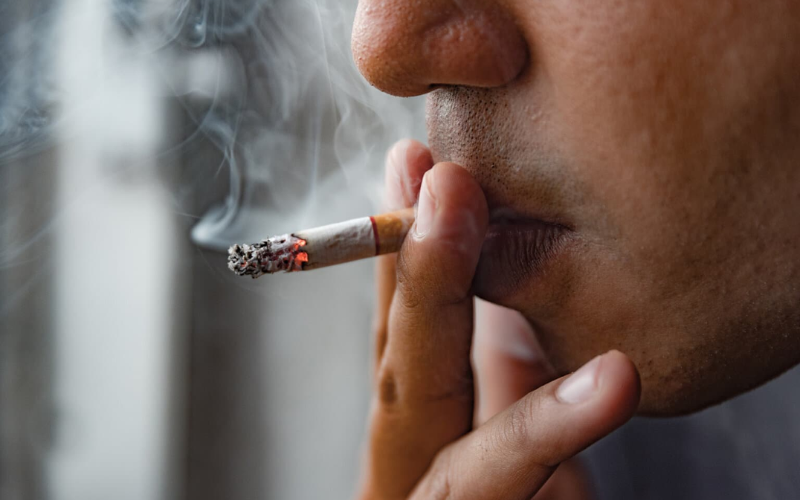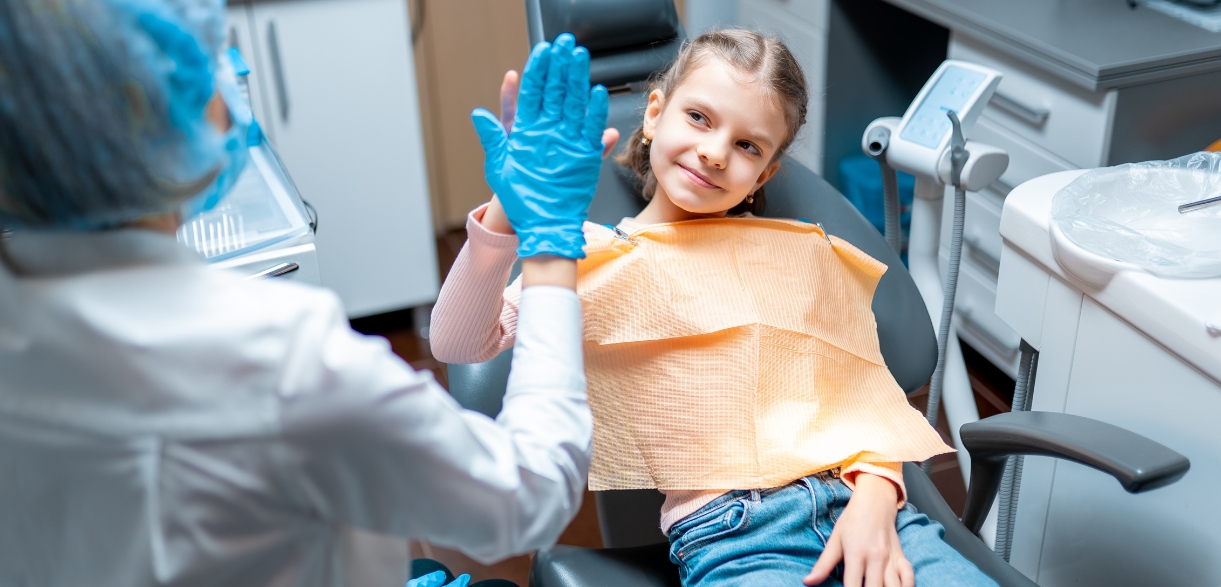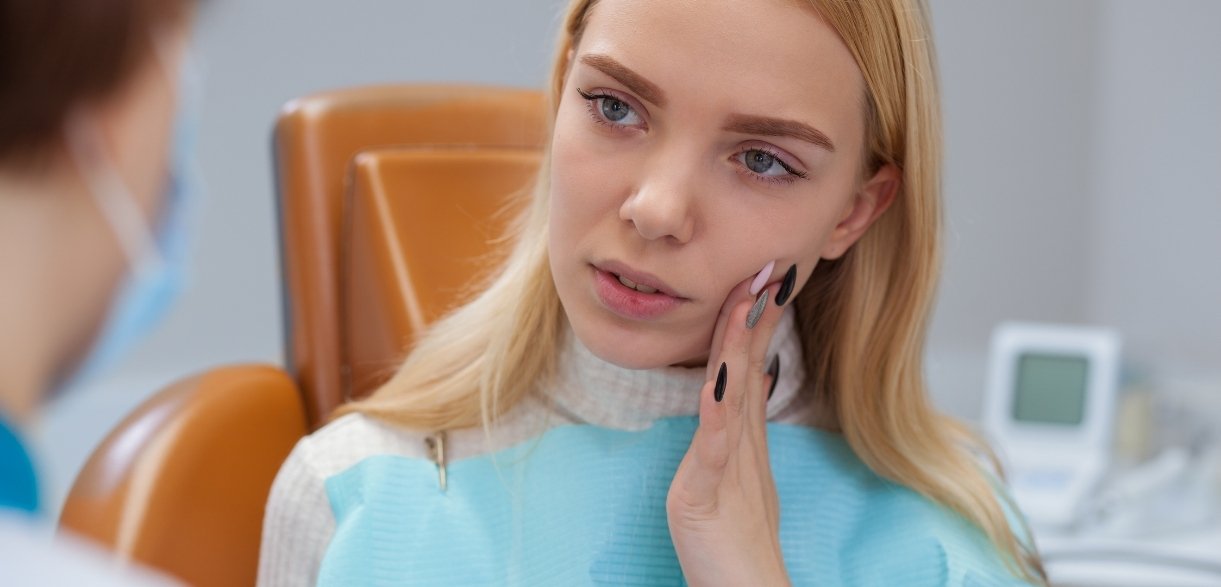
By West Albany Dental
Do you realize that smoking cigarettes poses a significant harm to your oral health? It is a secret cause of mouth cancer even though it is often connected to lung disease. Smoking is one of the main risk factors for oral cancer since each puff exposes your mouth to dangerous substances that can cause malignant alterations.
But the good thing is, that awareness and prompt action can save one’s life. To find out how smoking affects your dental health and what you can do to prevent it, continue reading.
How Is Oral Cancer Caused by Smoking?
Smoking exposes the lips to dangerous substances that injure healthy cells and encourage the development of cancer. Here’s how:
- More than 7,000 compounds, many of which are carcinogenic, are found in cigarettes. The immune system becomes weak by these poisons, and the body finds it more difficult to resist aberrant cell growth.
- Tobacco’s compounds can change the DNA of oral cells, leading to uncontrolled cell division and the development of cancer. An oral cancer screening detects these changes earlier.
- Smoking chemicals and continuous exposure to heat can lead to chronic irritation and inflammation, which raises the chance of cancerous changes.
Approximately 85% of occurrences of oral cancer are associated with tobacco smoking, according to the Oral Cancer Foundation. Compared to non-smokers, smokers have a six times higher risk of developing mouth cancer. It highlights how smoking poses an undeniable harm to oral health.
Warning Signs of Oral Cancer
Early detection can save lives. If you smoke, watch for these symptoms:
- Persistent sores or ulcers in the mouth.
- Red or white patches on the gums, tongue, or inner cheeks.
- Difficulty swallowing or persistent sore throat.
- Unexplained bleeding in the mouth.
- A lump or thickening in the cheek or neck.
Does Quitting Smoking Reduce the Risk?
Yes! The sooner you quit, the better your chances of avoiding oral cancer. Here’s what happens after quitting:
- Within a few months: Your body begins to repair damaged cells.
- Within five years: The risk of oral cancer drops by 50%.
- After ten years: Former smokers have a nearly identical risk of oral cancer as non-smokers.
How To Protect Yourself?
Reducing your risk of oral cancer starts with healthy lifestyle choices.
- Quit smoking and avoid all forms of tobacco.
- Limit alcohol consumption.
- Maintain excellent oral hygiene.
- Eat a balanced diet rich in fruits and vegetables.
- Schedule regular dental check-ups for early detection.
- Use sunscreen or lip balm with SPF when exposed to the sun.
There’s no doubt—smoking is a leading cause of oral cancer, but the good news is that quitting can significantly lower your risk. Early detection and preventive care can make all the difference in your oral and overall health. If you or someone you know smokes, now is the time to consider quitting and protecting your smile.








